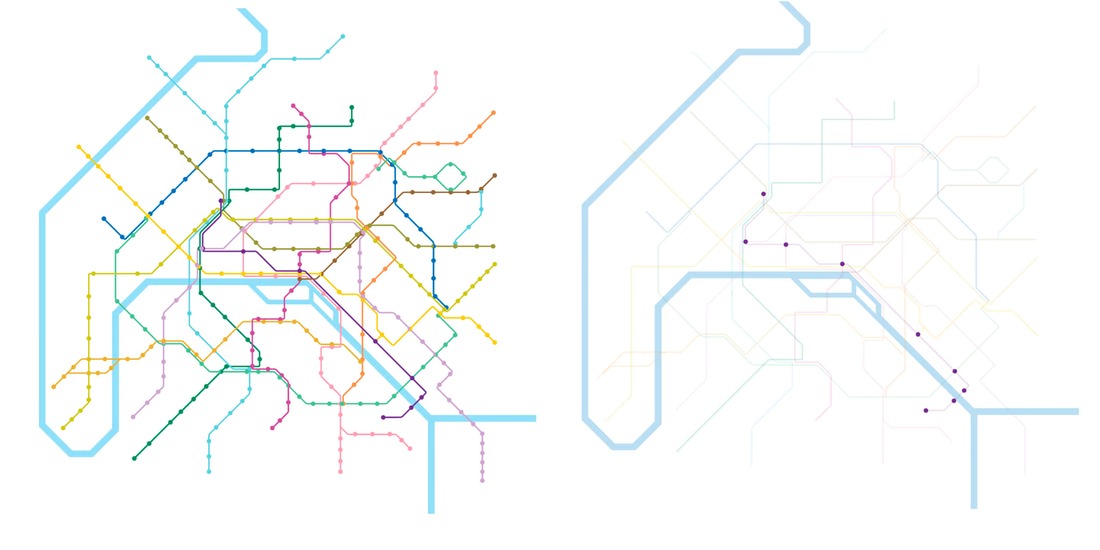 Just nine out of 303 metro stations in Paris are fully accessible. Illustration: Harvey Symons/Guardian graphics Just nine out of 303 metro stations in Paris are fully accessible. Illustration: Harvey Symons/Guardian graphics What if something suddenly prevented you from taking public transportation to work, the store, or social engagements? Many of us take this for granted, but persons with disabilities can’t always just swipe their access card at a turnstyle. Hyperlight Systems harnesses the power of smart IoT technology to grant freedom for people around the world, allowing cities and transit systems to comply with the legal mandate to provide accessibility options to everyone. Why Wireless IoT Technology is the Ideal Problem Solver By integrating smart wireless technologies into existing access-control systems, Hyperlight developed the world's first hands-free access gate solution for public transit, that operates as seamlessly as if there were no fare gates at all. Wireless technology makes access gates ‘smart’ and enables them to communicate with a fob or transit card that is RFID-enabled. The mechanism is triggered by proximity as the user approaches the gate. It’s even easy and economical to retrofit existing gates with RFID readers. How Transportation Impacts Quality of Life Leading authorities recognize the necessity for people of all abilities to use public services to enjoy a meaningful economic and social life. The United Nations recognizes that the evolving concept of disability “results from the interaction between persons with impairments and attitudinal and environmental barriers that hinder their full and effective participation in society on an equal basis with others.” The Leadership Conference on Civil and Human Rights argued that transportation is key to connecting the poor, seniors and those with disabilities to vital resources. It calls "transportation equity" a civil right. Accessibility is a Global Issue As more nations around the world recognize the need to improve accessibility, compliance in some areas is mandatory. Australia made accessible transportation the legal standard and the EU is under pressure to acknowledge that accessibility is a human right which must be rectified for the benefit of society. Accessibility in Canada The Ontario Human Rights Code has prohibited discrimination on the basis of disability for 25 years. A failure to provide persons with disabilities equal access to a facility or equal treatment in a service would constitute discrimination under the Code and can be the subject of a human rights complaint. Hyperlight’s smart city accessibility solutions are providing a real way forward for people of all abilities and the cities that connect them. We're excited about the future.
2 Comments
|
AuthorHyperlight Systems blogs about smart city tech, the Internet of Things, and wireless trends. Archives
February 2019
Categories |
Solutions |
Company |
|

 RSS Feed
RSS Feed